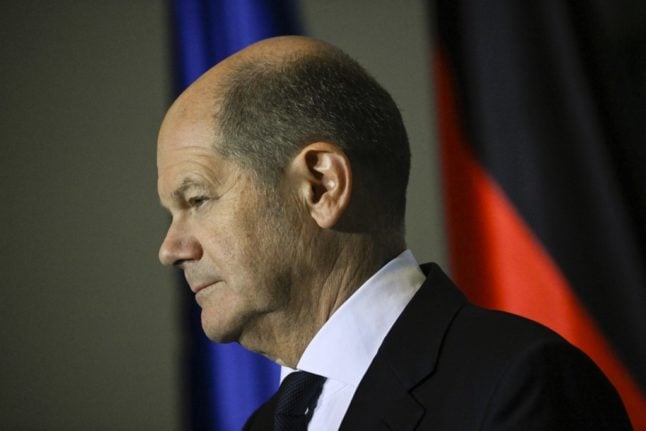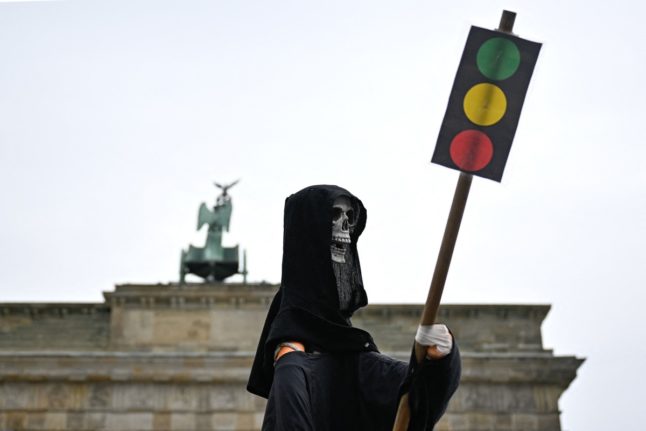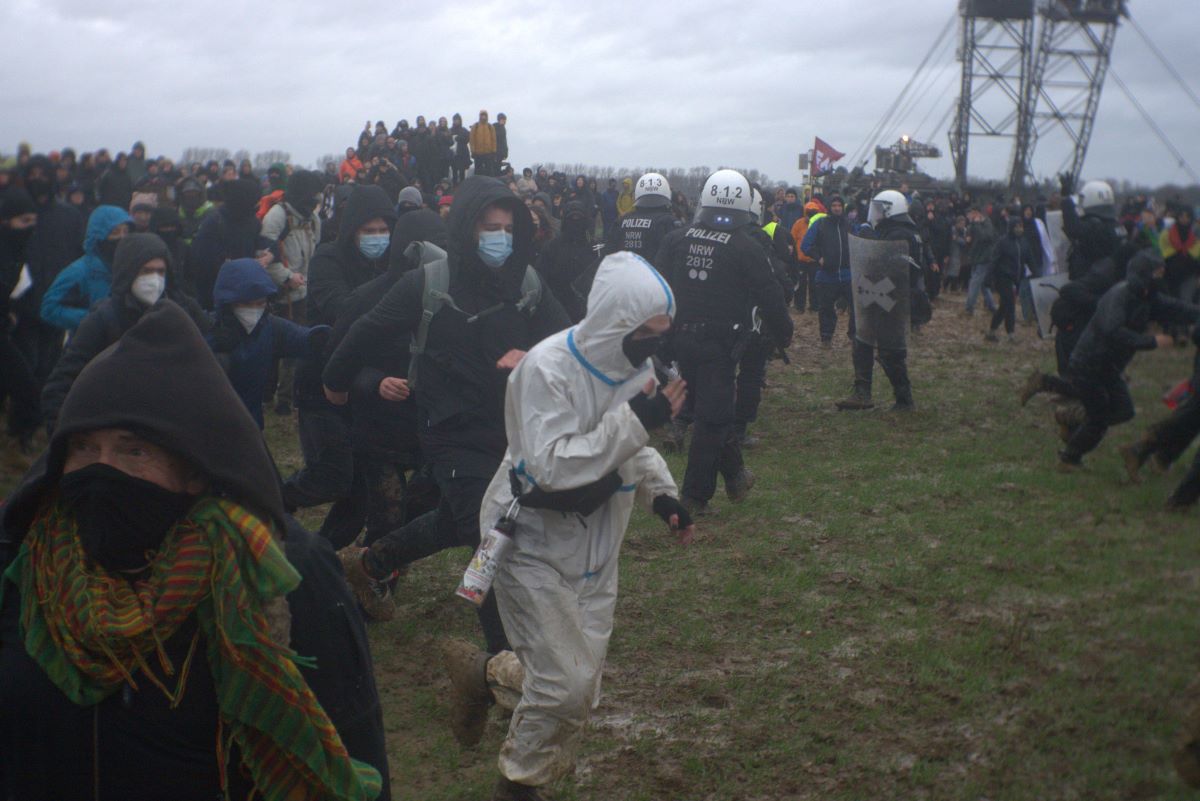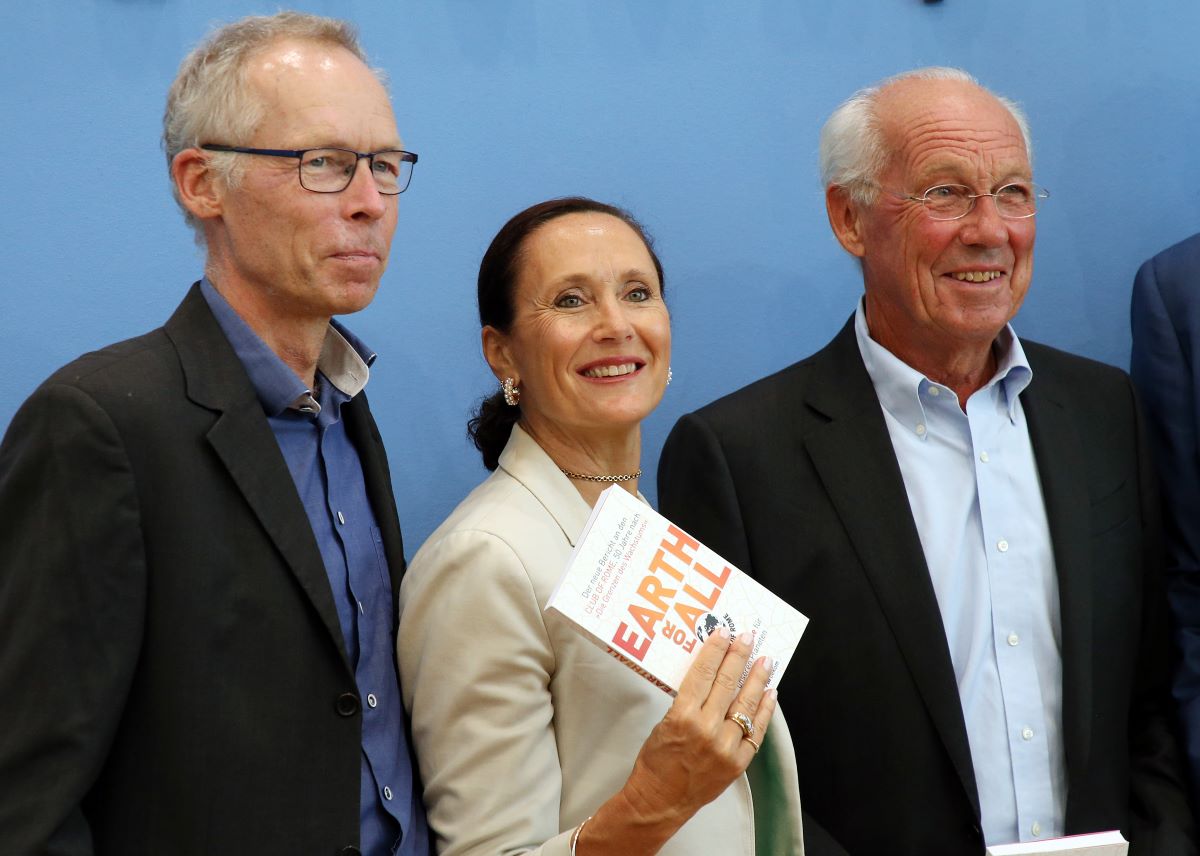Accompanied by a delegation of business leaders, Scholz will visit Argentina, then Chile, before heading to Brazil, Latin America’s biggest economy.
All three countries are rich in natural resources and “very interesting partners” for Europe’s top economy, a government source in Berlin said.
The visit comes as German business seeks new opportunities overseas following the economic shock caused by Russia’s invasion of Ukraine, and as concerns grow about a heavy reliance on China.
Scholz will meet Argentine President Alberto Fernandez when he arrives in Buenos Aires on Saturday.
But the Brazilian leg of the trip will be most closely watched.
Germany, and more broadly the European Union, are seeking to reset relations now that Luiz Inacio Lula da Silva is in power, following the divisive administration of far-right leader Jair Bolsonaro.
EU-Mercosur deal
One key topic of discussion will be a trade deal between the EU and trade bloc Mercosur, which includes Argentina, Brazil, Paraguay and Uruguay.
Although a deal was reached in 2019 following 20 years of talks, it has not yet been ratified, and has faced a wave of criticism in Europe, particularly among the agriculture and ecological sectors.
This week however, Lula signalled a renewed focus on finalising the accord, saying it was “urgent and extremely important” to reach agreement.
Ahead of the trip, Germany’s powerful machine tool makers’ federation called for the deal “to finally be implemented after years of going nowhere”.
“Time is pressing,” it said.
Germany will also be trying to ensure it does not lose ground to China, which is increasingly becoming a trade rival for European powers and the United States in Latin America.
Protecting forests
The environment will be high on the agenda when Scholz visits Brazil. After Lula’s election victory in October, Berlin said it was ready to resume payments to a fund that aims to protect the Amazon rainforest.
Germany, along with the fund’s biggest donor Norway, had halted payments after deforestation surged under climate-sceptic Bolsonaro.
Bolsonaro’s administration caused “a rupture in Brazilian environmental policy and closed the doors of environmental diplomacy”, said Roberto Goulart Menezes, of the institute of international relations at the University of Brasilia. “Lula’s government, on the contrary, is resuming this agenda and placing it among its priorities.”
As Russia’s war against Ukraine grinds on, Germany will seek to use the Latin American tour to drum up further international support against Moscow, the Berlin government source said.
Argentina, Chile and Brazil have criticised the invasion of Ukraine at the United Nations but have not adopted sanctions against Moscow.
Lula caused shock last year when he said Ukrainian President Volodymyr Zelensky was “as responsible as” Russian President Vladimir Putin for the conflict.
“We will underline that the contours of peace are relatively simple — that Russia leaves a territory where it has no business,” the German source said.





 Please whitelist us to continue reading.
Please whitelist us to continue reading.
Member comments